Protein and carbohydrates are two of the main macronutrients, meaning that they are nutrients your body needs in large amounts to function optimally. They both provide the same amount of energy per gram and are essential when it comes to improving your workout performance. So which one is best for energy?
Let’s take a closer look…
WHAT DO THEY DO?
Proteins are the primary building blocks of your body. They are used to build tissues like muscle, tendons, organs, and skin, as well as many other molecules that are essential to life such as hormones, enzymes, and various brain chemicals. Proteins are comprised of smaller molecules known as amino acids, 12 of which our bodies produce (non-essential) and 9 of which you must get from the food you eat (essential). Consuming an adequate amount of protein is essential when it comes to performance, recovery and manipulating your body composition. It helps retain muscle mass when you’re in a calorie deficit or cutting weight and is also required to build muscle.
On the other hand, carbs are the body's primary fuel source. They are comprised of sugar molecules that are bonded together and broken down into glucose before being absorbed into the bloodstream and utilised as energy. They allow your heart, lungs, kidneys, brain and muscles to function properly. Carbs are particularly important to fuel the brain, helping you think clearly and balance your mood, as well as enabling your muscles to work effectively during exercise. They also prevent muscle protein from being used as an energy source and enable fat metabolism.

SO WHICH IS BETTER AS AN ENERGY SOURCE?
While protein and carbs both provide the body with the same amount of energy at 4 calories per gram, muscles rely on carbohydrates as their main source of fuel. When we train hard, the carbs used to support this effort come from blood glucose and liver glycogen, but mostly from muscle glycogen. Think of muscle glycogen as the main storage site for carbs in the body, with these stores being accessed when needed. However, these stores are limited and they need to be replenished regularly through your diet to keep your energy levels and performance high.
A diet low in carbs can lead to early fatigue during training and delayed recovery, which is not ideal in combat sports or any form of high-intensity training. If your body has insufficient carbohydrate intake or stores, workout performance will suffer and protein synthesis will be reduced. Additionally, without sufficient glucose, the central nervous system suffers, which may cause dizziness or mental and physical weakness.

HOW MUCH OF EACH SHOULD WE CONSUME & WHEN?
When it comes to protein consumption, combat athletes (or anyone looking to retain/build muscle) should aim for 1.8 to 2.2 grams per kilogram of body mass per day to ensure this, increasing up to 2.7 grams per kilogram of body mass when in an energy deficit. In terms of frequency and timing, consuming enough protein over a 24-hour period is the most important factor, however, eating 4-6 meals per day with your protein spread out evenly across these meals is optimal for retaining or building muscle. Ensuring that you are consuming protein approximately 2 hours before and after your training sessions is also important in terms of optimising muscle protein synthesis and muscle recovery.
In need of some new protein?
Check out our most popular CMBT Reload Protein Powder, designed for optimal performance & recovery. Click here to learn more.
When it comes to carbohydrate intake, the “optimal” intake for you depends on numerous factors, such as your goals, daily calorie needs, level of activity, and personal preference. For most people training hard in the gym for an hour or more per session, approximately 3-8 grams of carbs per kilogram of body weight per day will be required to optimise energy levels and training performance, with those doing longer and very intense training sessions aiming for the upper end.
In terms of frequency and timing, there is no set rule. There is evidence to show, however, that eating high-carb meals before, after and sometimes during your training sessions is beneficial for optimising energy levels, restoring sub-optimal glycogen levels, improving training performance and assisting recovery.
At the end of the day, both macronutrients have important roles in the body for fuelling our energy levels and maximising our performance during training and results after. However, although carbs often get a bad wrap, they are our body’s primary fuel source and are vital for fuelling our energy. Having a considered approach to how you consume both will only set you up for success to ensure that all of the energy you’re outputting in training is reaping the best outcomes for your health, physique and performance as possible.
Want some inspiration for some tasty, high protein recipes? Download our FREE high protein recipe ebook now, by clicking here.



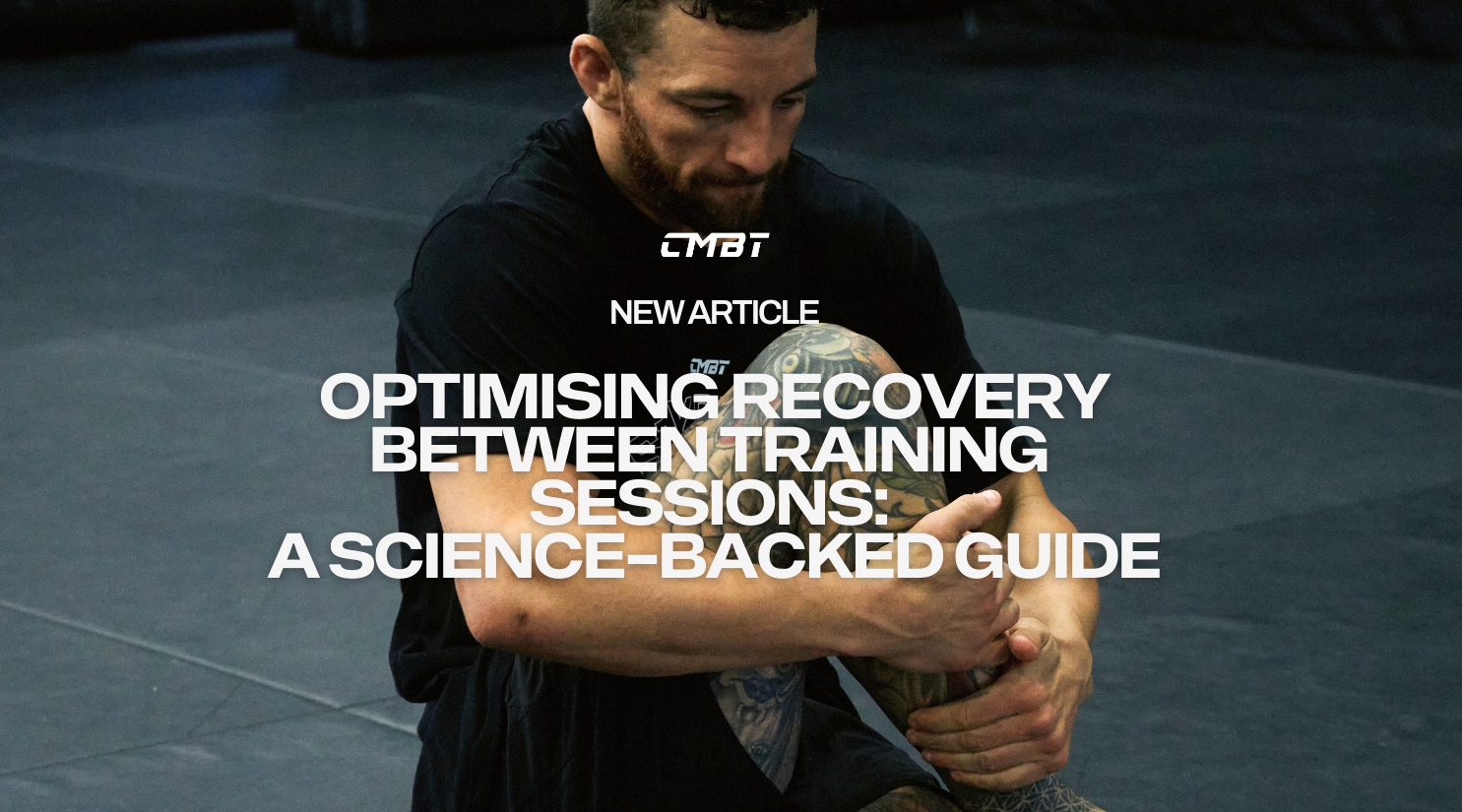













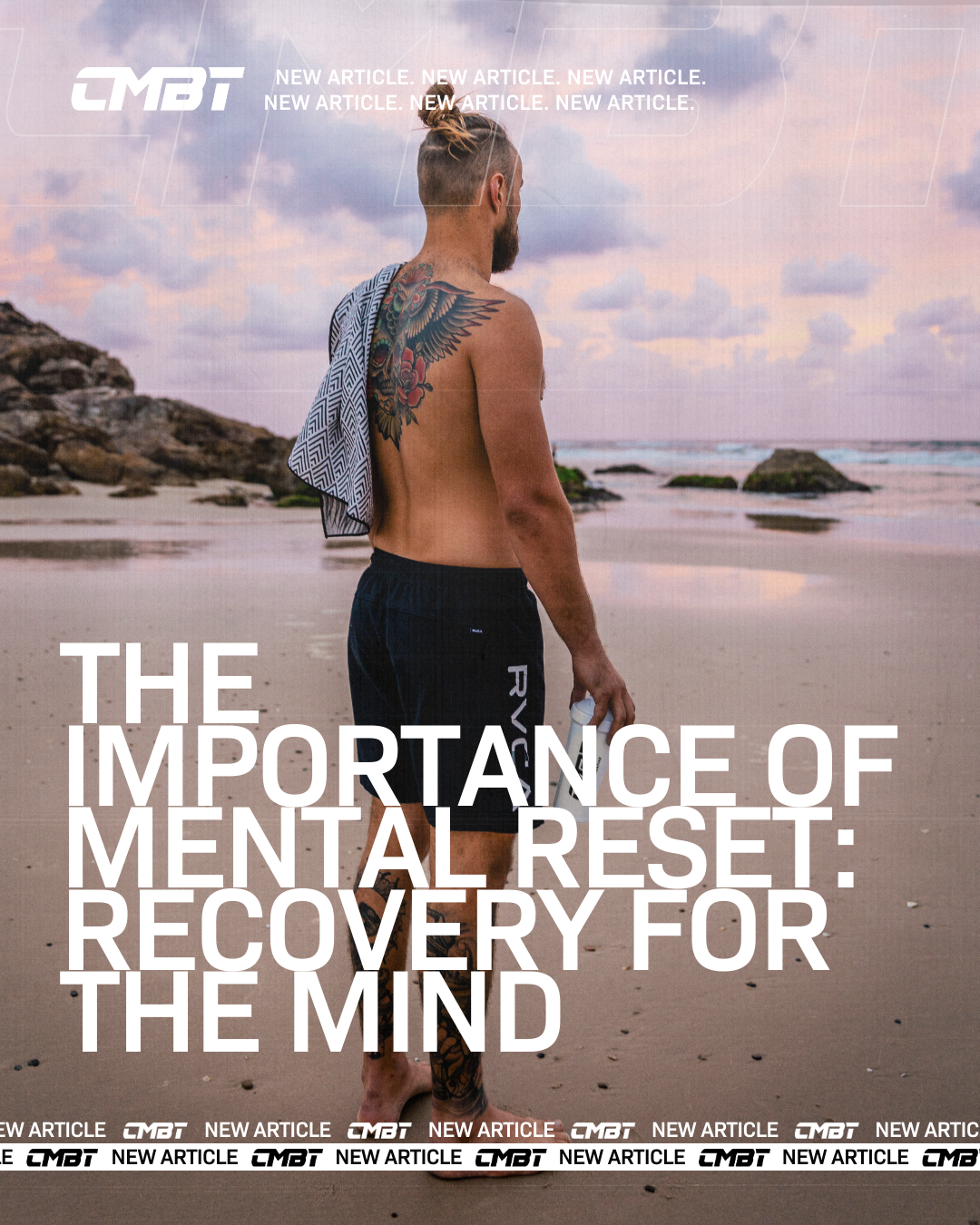
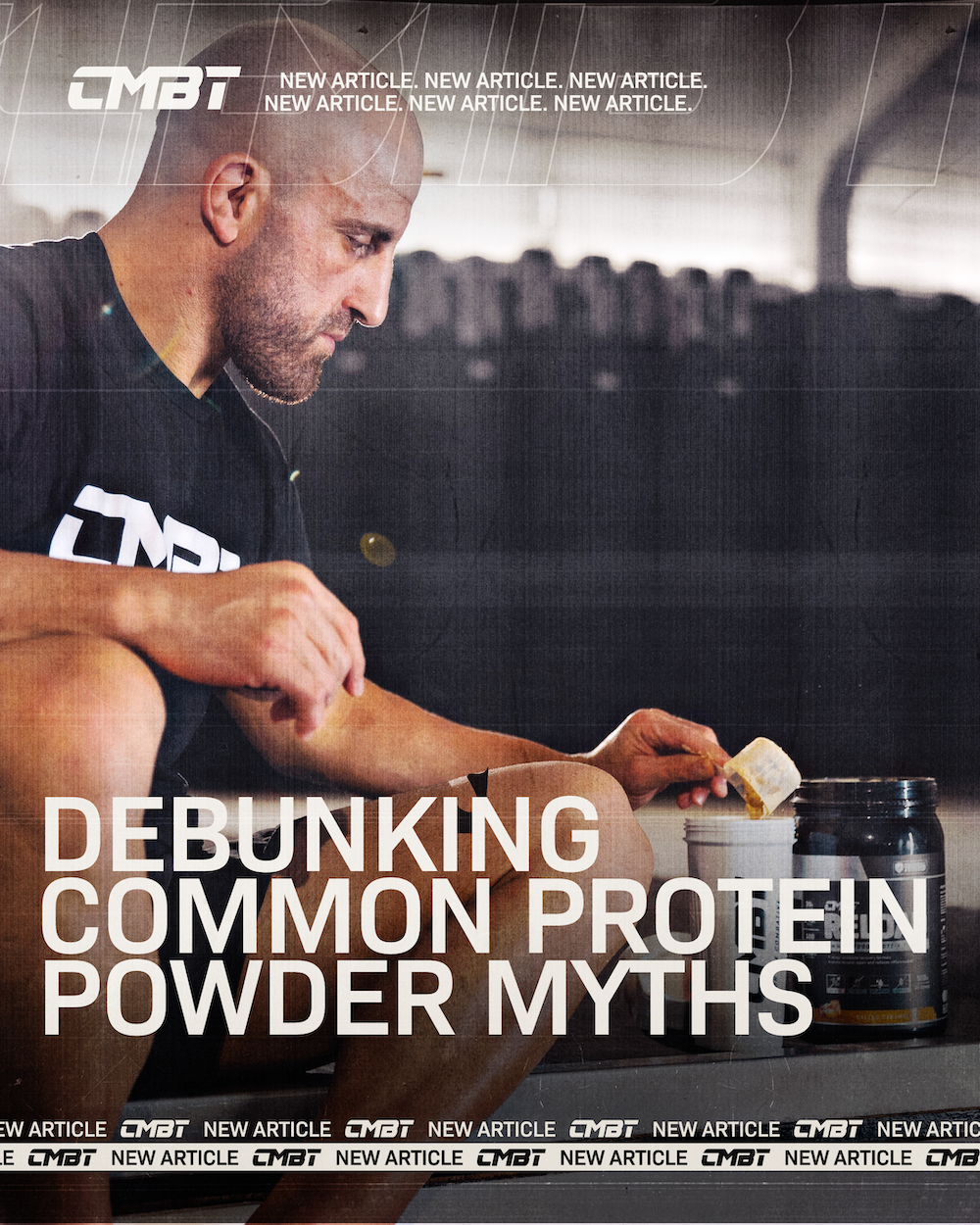










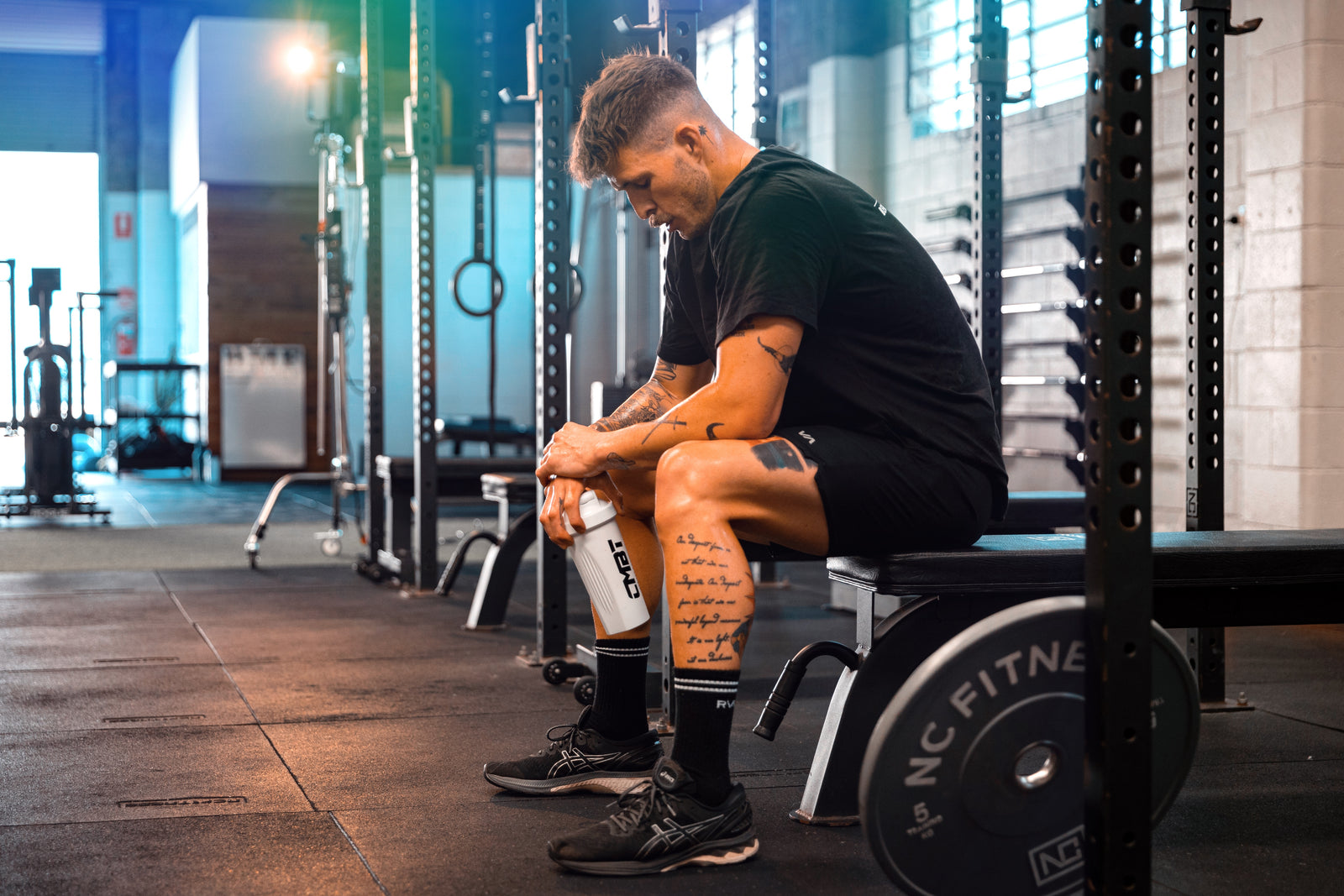

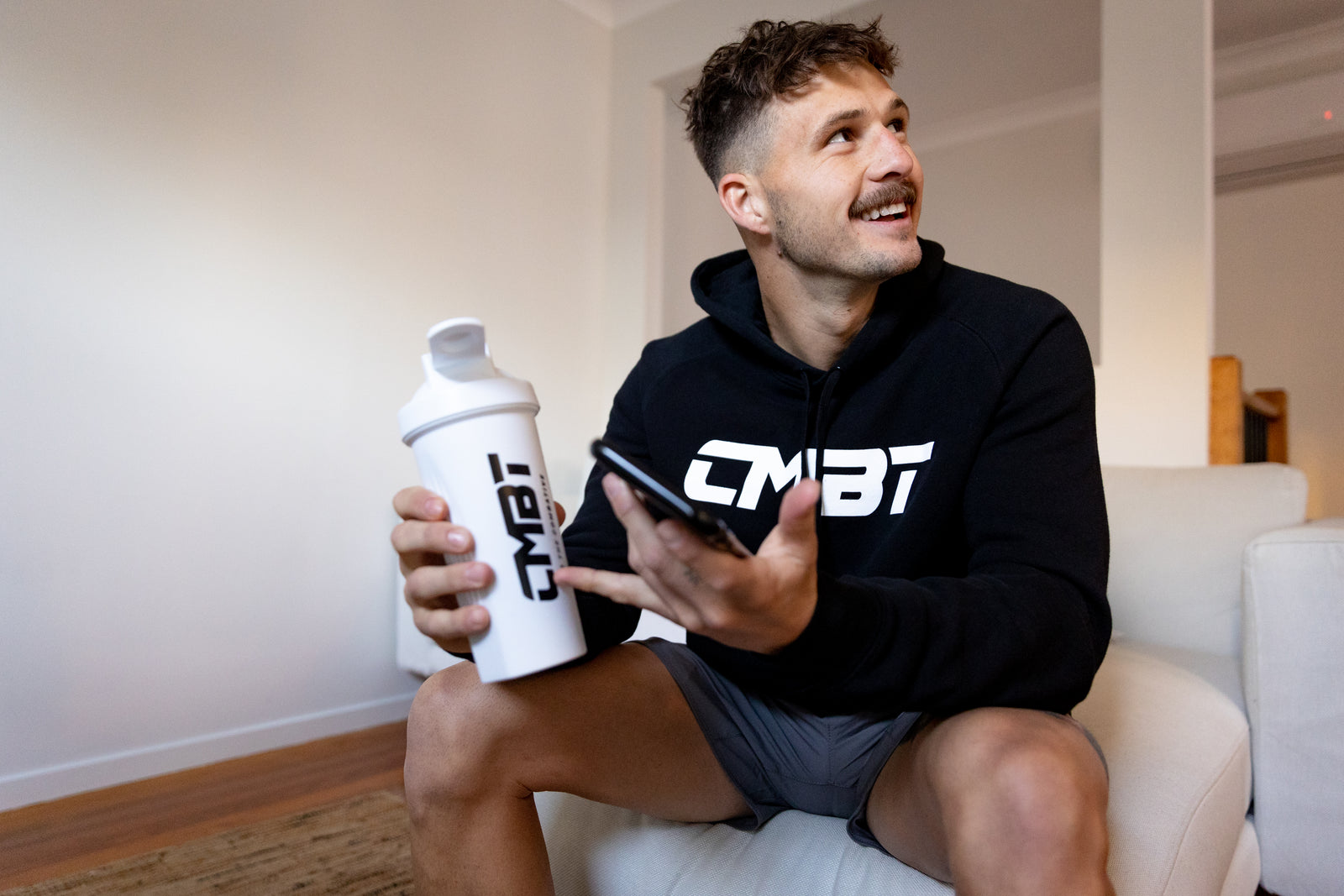





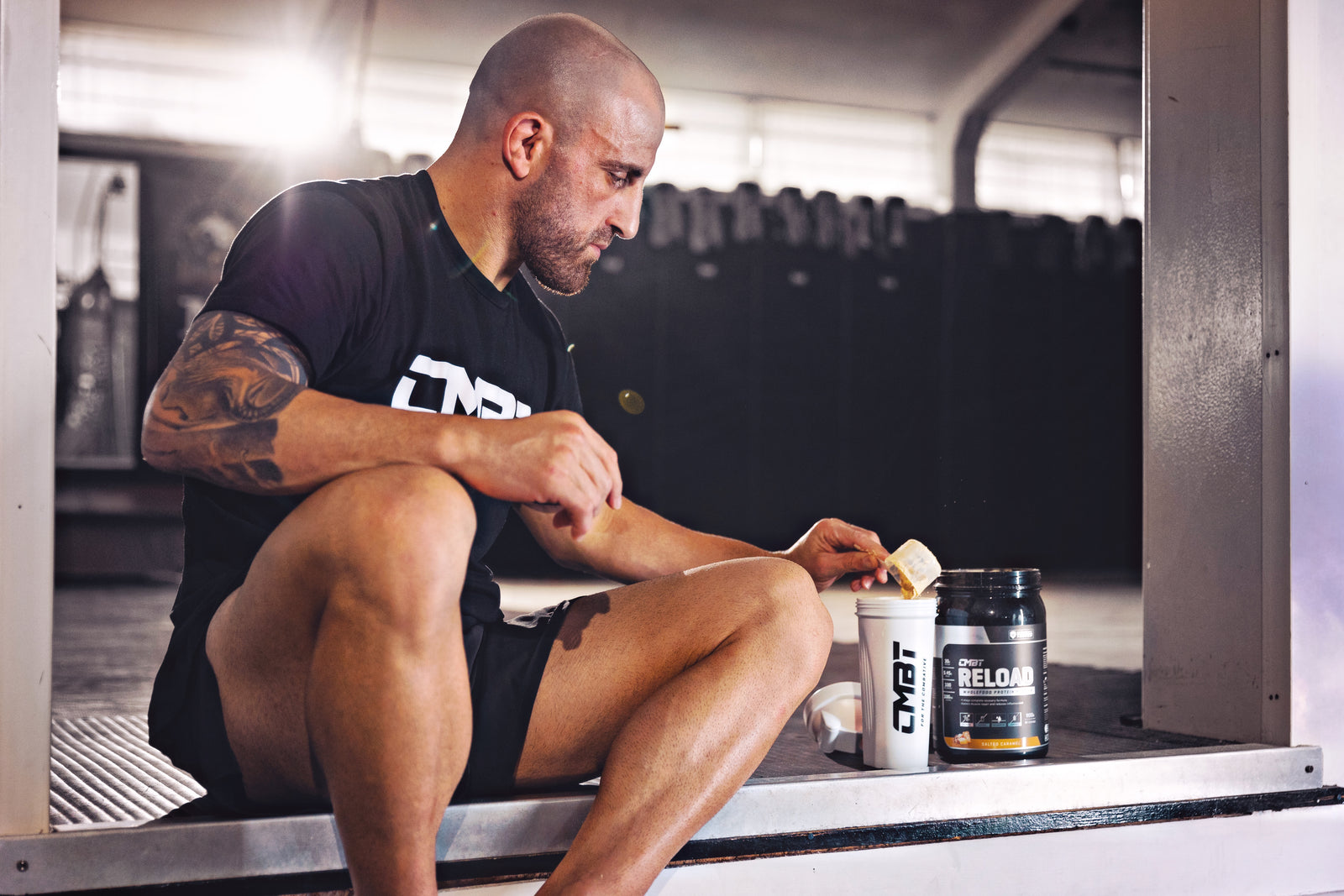

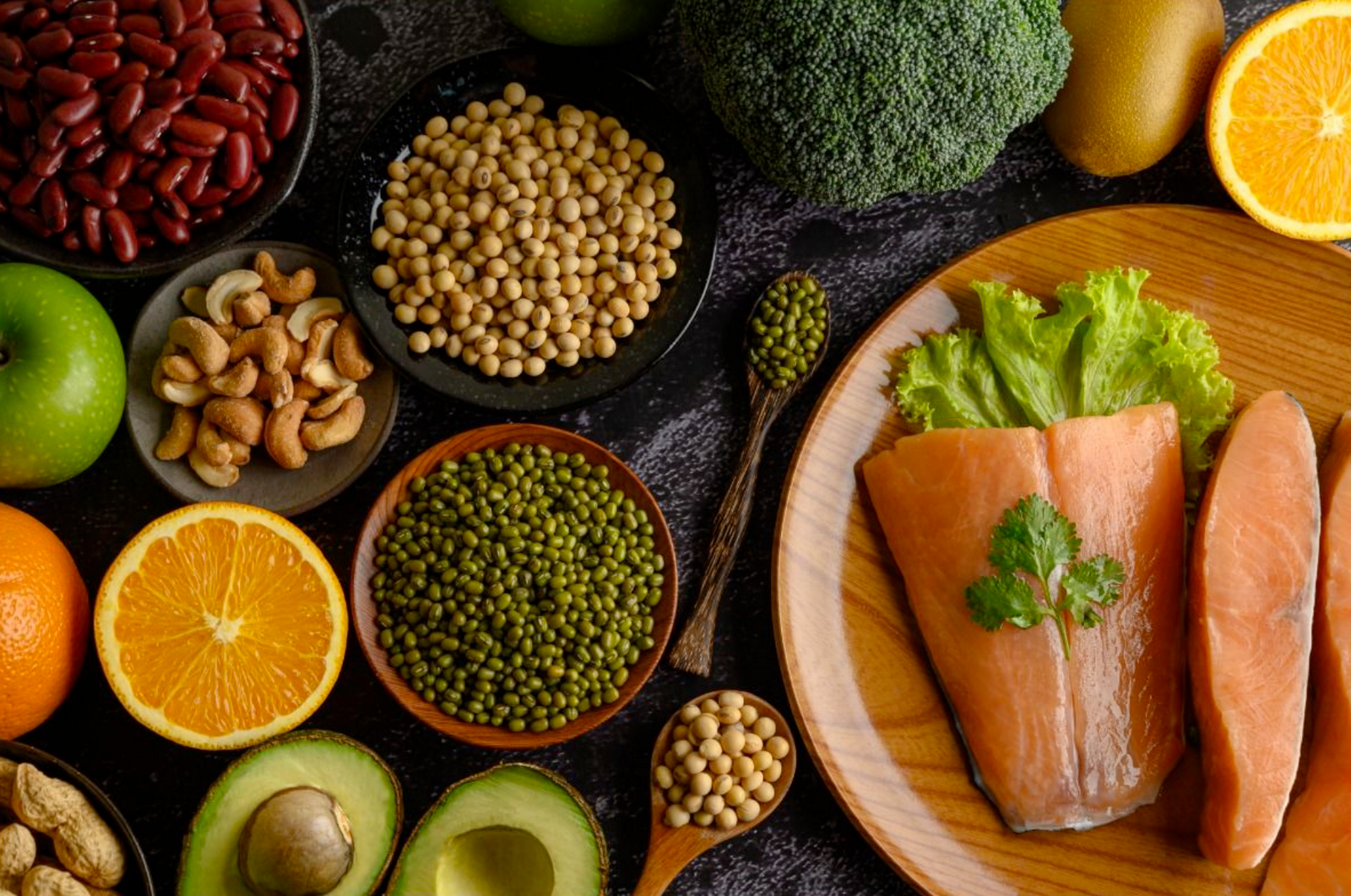
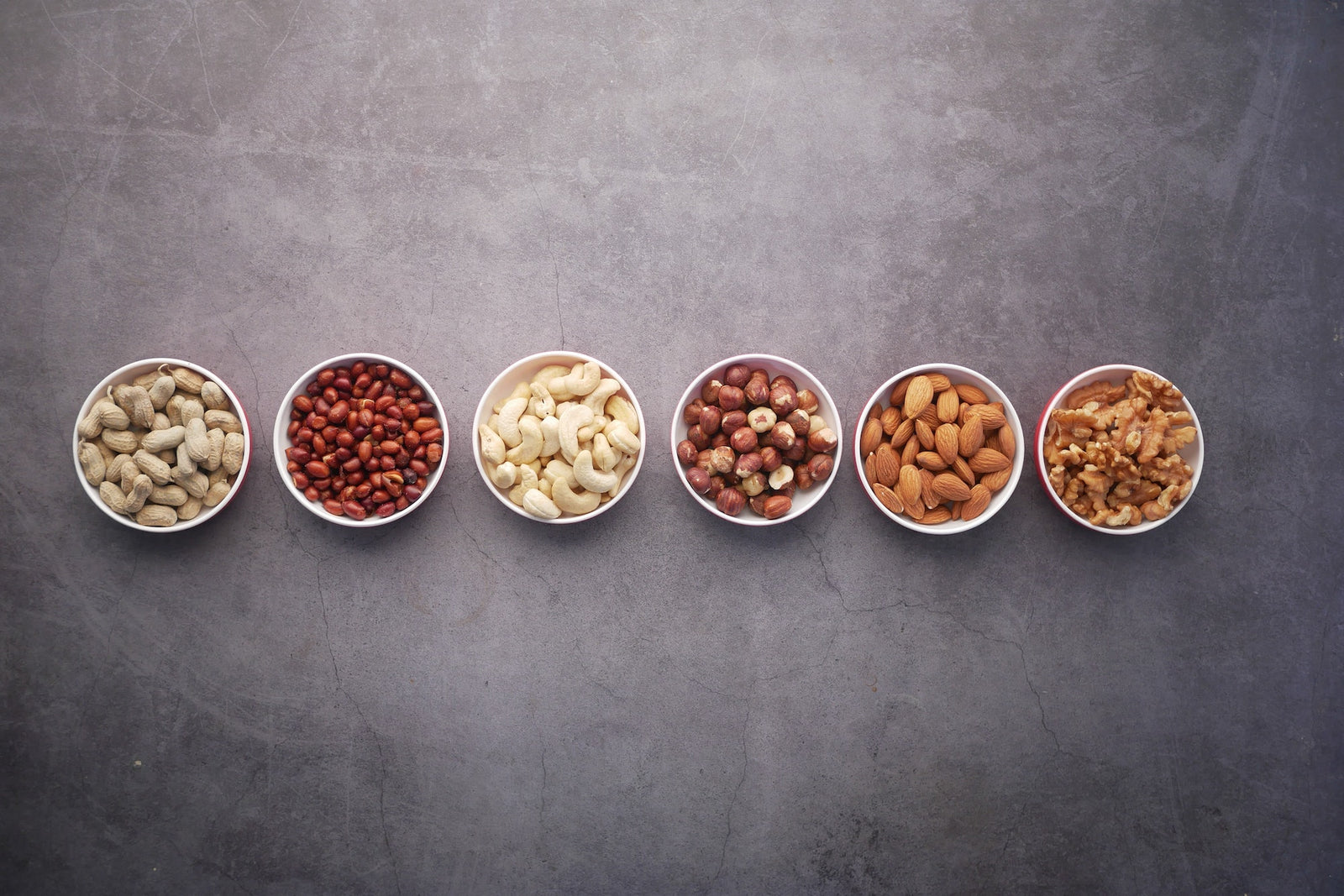








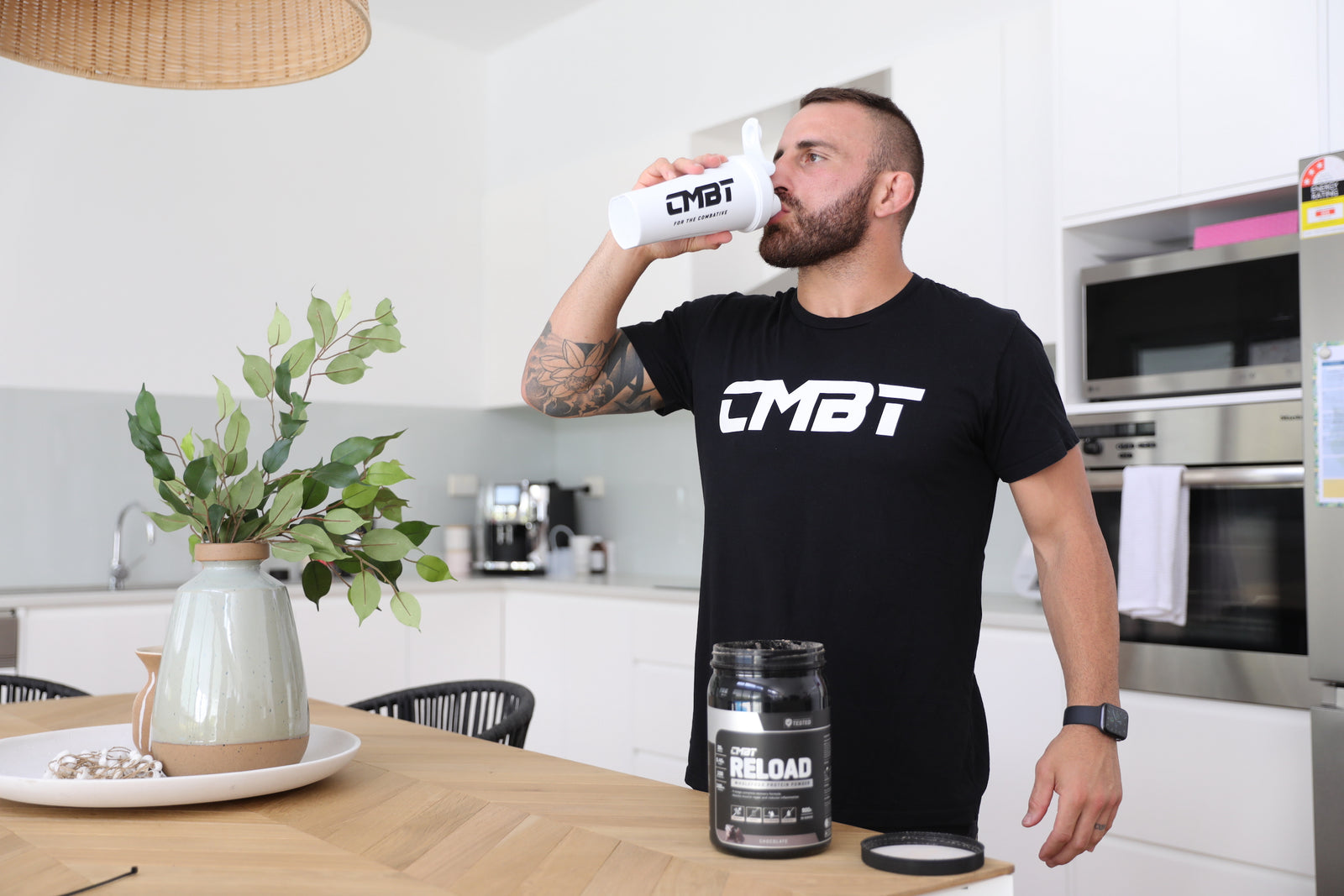
![[VIDEO] Fuel Your Passion feat. Sami Locke](http://cmbt.com.au/cdn/shop/articles/Sami.jpg?v=1625826844&width=1600)